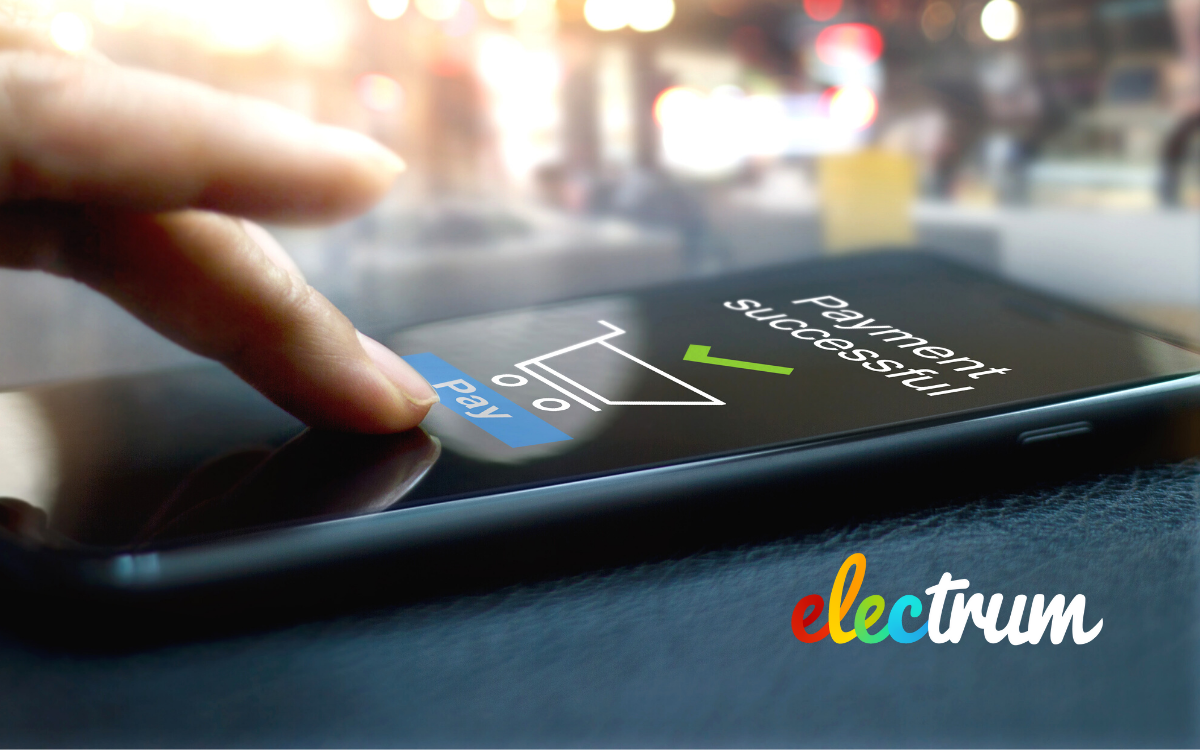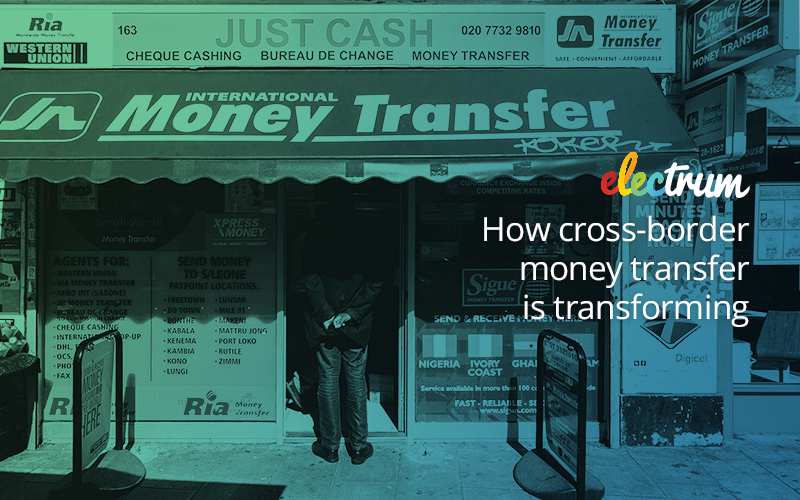
In Africa, mobile money has been a successful way to financially include people who don’t have access to a bank account. With the systems in place that facilitate a store of value, there is an exciting opportunity for mobile network operators (MNOs) to diversify their financial service offerings, with international remittance being a particularly sought-after service.
It’s been predicted that by the end of 2021, half a billion people in sub-Saharan Africa will be subscribed to mobile services. This is good news for MNOs because, as more people become connected, more opportunities arise to diversify and expand your service offerings.
A powerful example of this opportunity is mobile money. Because a large percentage of the African population has access to a mobile phone but not to a bank account, systems were developed to facilitate transactions using e-wallets. These have not only revolutionised the lives of many Africans, but also become a lucrative source of revenue for MNOs as the store of value lives within their ecosystem.
In Kenya, mobile money has become so popular that 96% of households own an e-wallet account. Beyond simple transactions, providers – with M-Pesa being the dominant example – have expanded their product capabilities to allow users to not only transact, but also apply for loans, open savings accounts, pay bills and place bets, amongst other things.
Facilitating an ecosystem that holds a store of value is a great way for MNOs to not only attract and retain customers, but also grow revenue streams
International remittance remains one of the biggest areas for MNOs to grow into. While funds are being poured in by investors to further develop local mobile money offerings in countries like Kenya and Tanzania, there has been little progress made in developing infrastructure for mobile transactions across borders.
Many Africans rely on remittances for their livelihoods, and with jobs in short supply, it’s becoming increasingly important to provide a seamless cross-border money transfer solution. It’s estimated that in 2020, US $1 billion flowed from South Africa to Zimbabwe alone in remittances through official channels – growing from US $ 636 million in 2019. Factoring in unofficial channels, such as people carrying physical cash, it could even be double this amount. Despite its importance, however, accessing international MTOs is not easy and the service often comes at a steep price.
Considering the social need, as well as the economic opportunity, you’re well-positioned to take your easy-to-use, affordable domestic mobile money solution international
While launching a cross-border solution will involve some complexity, you’re primed to win because you already have:
- A large customer base: With your extensive subscriber base, penetrating the market will be easy. There is demand for the service, as shown by the amount of money flowing in and out of African countries, whether you’re a sending or receiving network. With the correct marketing, you won’t have a problem getting your customers to adopt the service.
- A ubiquitous distribution network: Accessing mobile network agents is not hard in Africa. With spaza shops and kiosks in cities and rural villages, the reach is huge, which will make cashing in and out more accessible for your subscribers.
In a time where more people are relying on their mobile phones to do more for them, the opportunity to grow your mobile money ecosystem is huge. If you’d like to chat more about how Electrum can help develop your international remittance solution, reach out to us here.
Electrum Software
Electrum is the next-generation payments software company, powering payments for banks and retailers. Since 2012, we have established ourselves as a respected software partner through our deep expertise and track record in delivering trusted cloud-native payments solutions.
Electrum Newsletter
Quarterly insights and news to help you keep up with the latest changes in the payments landscape







